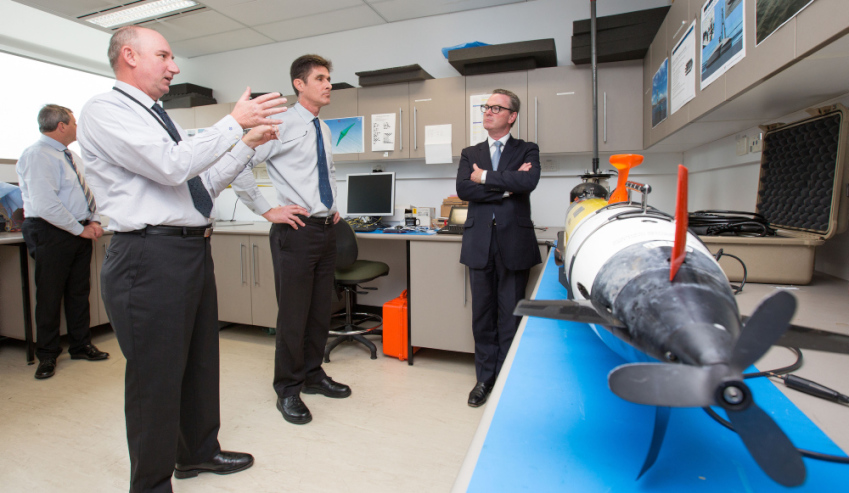Making the defence industry an attractive option to graduates being enticed by competing sectors is one challenge Australia’s defence sector has been looking to counter, but a looming shortage of STEM experts is tipped to push the industry to its limits.
Thales Australia chief executive Chris Jenkins recently told the NSW Legislative Council’s standing committee on state development that a STEM (science, technology, engineering and maths) shortfall is imminent and the federal and state governments must act.
"I think the biggest thing that is going to negatively affect our sector and the state as a consequence and all of Australasia is the STEM shortfall coming through schools," Jenkins said.
Jenkins said NSW was well equipped to sell itself as a leader in the technology sector, a pitch it could enhance with stronger collaboration with universities.
"What would be helpful I think is to have a catalyst of really positive messaging from state government level about the future, as the state sees itself as a technology leader," explained Jenkins.
"We have some of the best universities in the world – not Australia, the world – and presenting that image, capitalising on what industry is doing itself and with the state and amongst itself, investing in some really brilliant technologies. If you bring that together with a very positive message I am hopeful that kids today who have not even thought they might want to be an engineer might start thinking, 'You know what, I would like to be an engineer'."
But Jenkins warned the ramifications for NSW and Australia will hit the country's hip pocket if action is not taken soon.
"This state has the perfect message to sell publicly, I think, and unless we change gears on that I worry that we will see a fall-off in engineers and scientists coming through the schools, coming through the universities. That means we have to export that work and that is the beginning of the end for the kind of clever stuff we do," he said.
Jenkins is not the only defence industry leader to raise these concerns. Quickstep Holdings CEO Mark Burgess also cautioned the industry could be in trouble if Australia's youth do not embrace STEM soon.
"In terms of filling the pipeline with talent, it is too late," said Burgess.
"The individuals in those universities have made their career choice already. The average age of my workforce is 49½ years old. It is not a great place to be. It is a generational issue.
"I think ... encouraging younger people to find what we do in our industry exciting, challenging [and] rewarding, is a really important thing."



